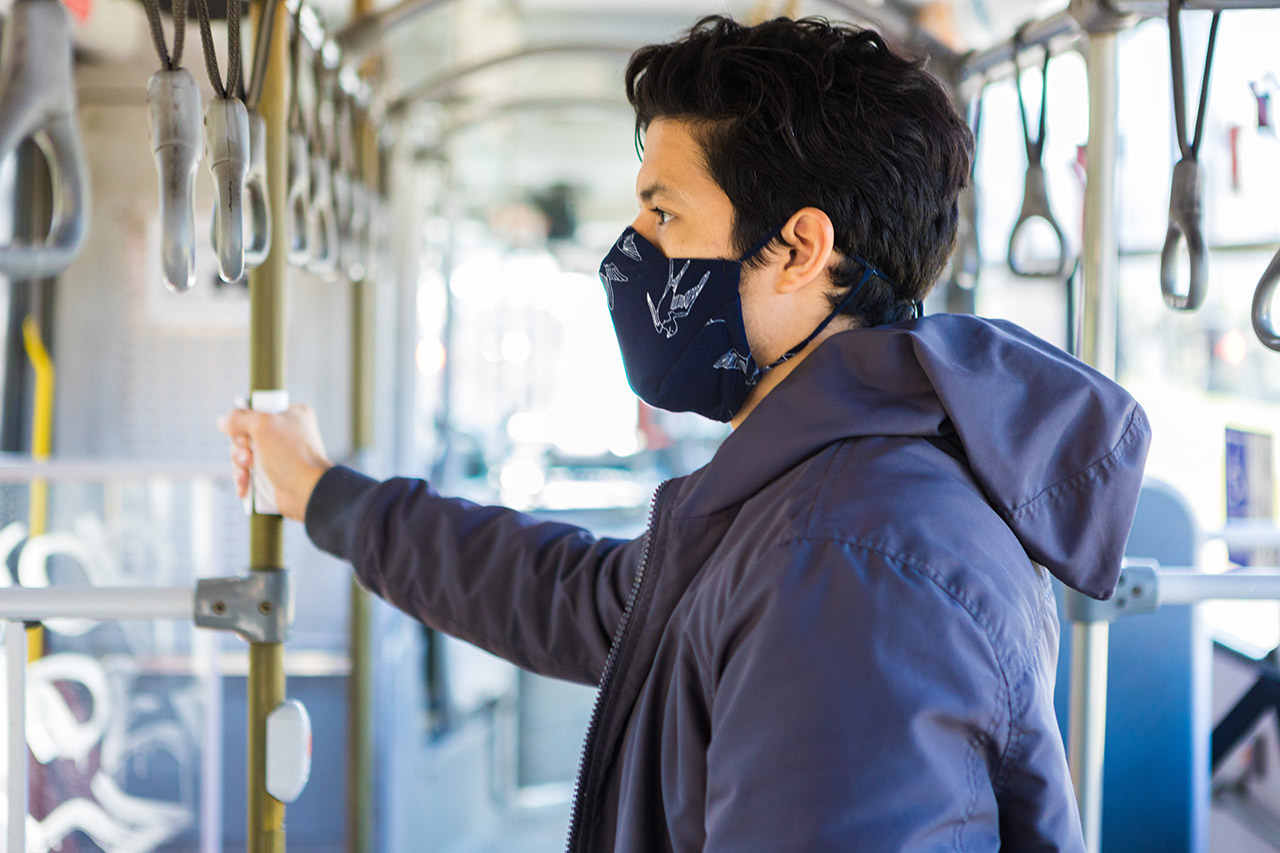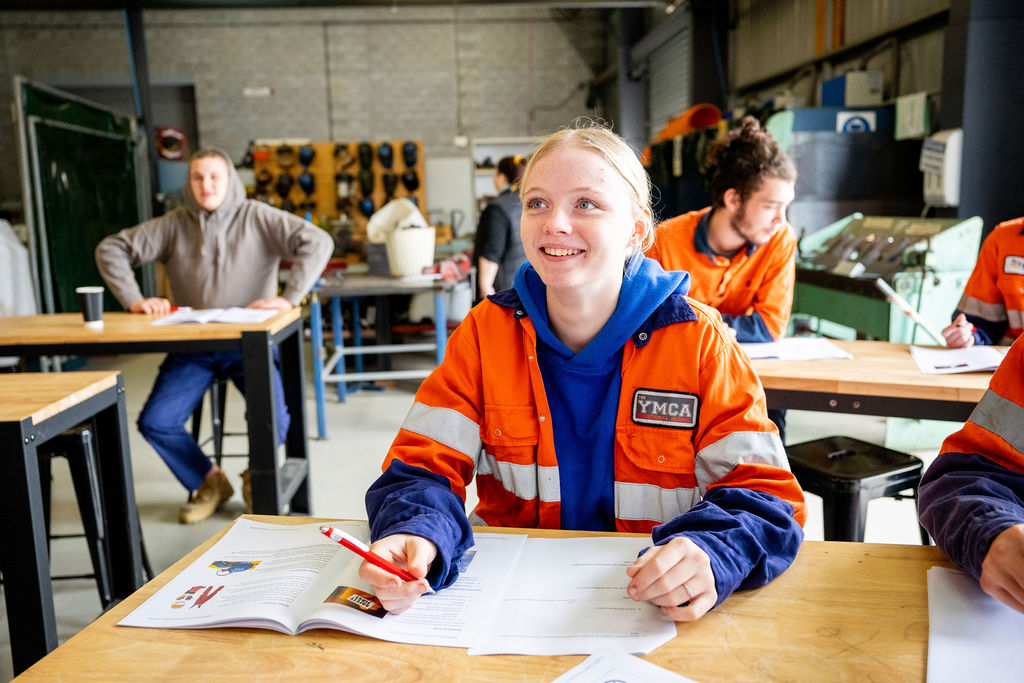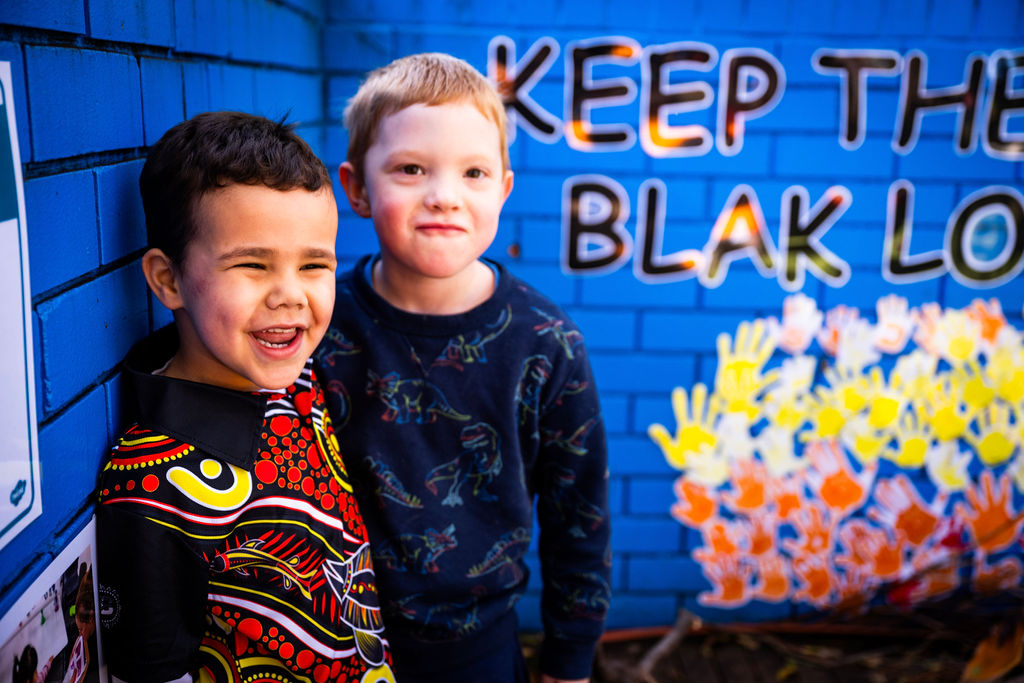Long-term Impacts of COVID-19 on Young People

The YMCA (the Y) has warned that the impacts of Coronavirus COVID-19 on young people will be long-lasting without interventions and support.
Delivering frontline services and programs in 640 communities across Australia, the Y is seeing and hearing the impacts of COVID-19 on young people first-hand including from its own 12,000 employees, of which 60% are under 30.
With a 175-year legacy of supporting young people through events such as the Spanish Flu, World War I, World War II, the great Depression, and more recently the Global Financial Crisis, the Y is well-placed to understand the impacts of global crises on young people.
The Y’s Brisbane CEO Alan Bray said that while support subsidies such as JobKeeper were important, many young people were falling through the cracks.
“We’ve had to stand down or de-roster 400+ staff with 40%* of our operations now either closed or operating at reduced capacity. And unfortunately almost 1 in 3 of those stood down or de-rostered, largely casuals, weren’t eligible for JobKeeper.
And it’s not just unemployment that is impacting, and will continue to impact on young people. It’s also interruptions to formal education, reduced community connection and impacts on their mental health, Mr Bray said.
“From our 155 years’ experience, we know that without intervention, these impacts are likely to be long lasting.
“In saying that, and despite our significantly reduced capacity, we are still here for young people and the communities that support them, including our own – we’re just doing it in different ways.
“For example, we are now delivering many youth services online including case work for at-risk youth, free online workouts for our members and staff and gymnastics coaching online. Our accommodation in Brisbane had been opened up to the homeless, and we have young people delivering food parcels in some of our struggling communities.
“Physically, we’re still providing child care, outside school hours care and vacation care, mainly for emergency workers, and vocational schooling and we’re still running disability services.
“There is no doubt in my mind that the full range of community services we provide Brisbane and South-East Qld are needed now and they are going to be needed more than ever once we get through this pandemic, however more support from Governments and aligned partners for the community sector as a whole would help us expand on this vital work,” Mr Bray said.
Mr Bray welcomed the financial support the Government has already provided to enable the Y to continue to provide childcare for essential workers, as well as the JobKeeper subsidy but he noted that allowing more young people to continue to be employed, but more support is needed to prevent significant long-term impacts for young people across the country.
“We are seeking to work with Government and Businesses and other local youth organisations wherever possible to limit the impact of this crisis on the lives of our young people and make sure they can access the services they need at what we know will be one of the most difficult periods of their lives, to reduce the impacts now and in the long-term.”
About the Y
The Y is a community not-for-profit and the oldest youth organisation in the world (175 years’ old). Services include: children’s services (early learning, family day care and OSHC), recreation (swimming, gyms, gymnastics), camping, youth programs and disability services.
The Y’s services more than 29.5 million annual participations, including 9.84 million children participations and 1.2 million youth participations annually. Ymca.org.au
Impacts of COVID-19 on young people
- In Australia, Coronavirus COVID-19 contracted cases are the highest in the 20-29 age group (to date), however with none yet resulting in death.
- Recent reports show one in four young Australians face mental health challenges.
- However, a recent snapshot of over 5,000 18-35 year olds, showed that overall young Australians were more concerned about the potential of COVID-19 infecting their loved ones than themselves (30.21%), followed by concerns about the impact on their financial/job security (29.28%) then on own mental health (17.50%)
- Younger Australians have been disproportionately affected by COVID-19-related job losses, with 9.9 per cent of workers aged under 20 losing their jobs since March 14, with the bulk of those job losses since March 28. Those in their 20s have seen an 8.8 per cent slump in employment. Grattan Institute suggests 40% of teenagers and 30% of those in their 20s would lose their jobs compared with roughly 25% of age groups ranging from 30-70.
- Impacts on youth unemployment were significant and long-term from the GFC. Young people are often employed in the labour market in narrow, casualised segments that are particularly vulnerable to economic downturn.


